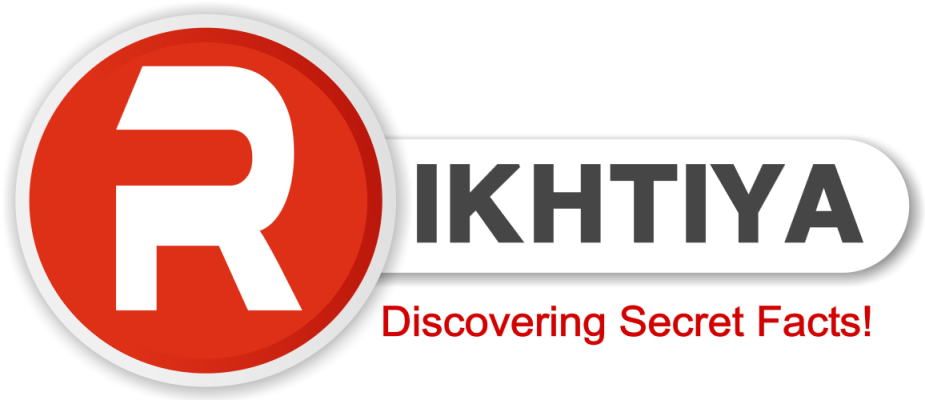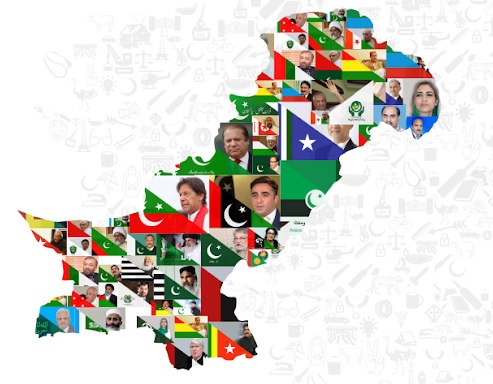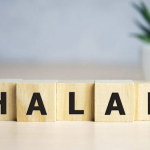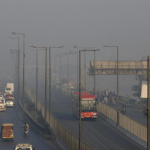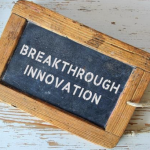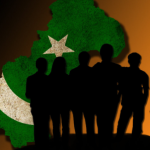As Pakistan approaches its next general elections in 2025, citizens, analysts, and policymakers alike are watching the political climate with increasing interest. With the last few years marked by constitutional shifts, caretaker setups, and evolving electoral strategies, the path to Election 2025 is layered with legal, political, and institutional checkpoints.
In this breakdown, we cover everything voters need to know—backed by facts, not speculation.
1. Election Timeline – What the Constitution Says
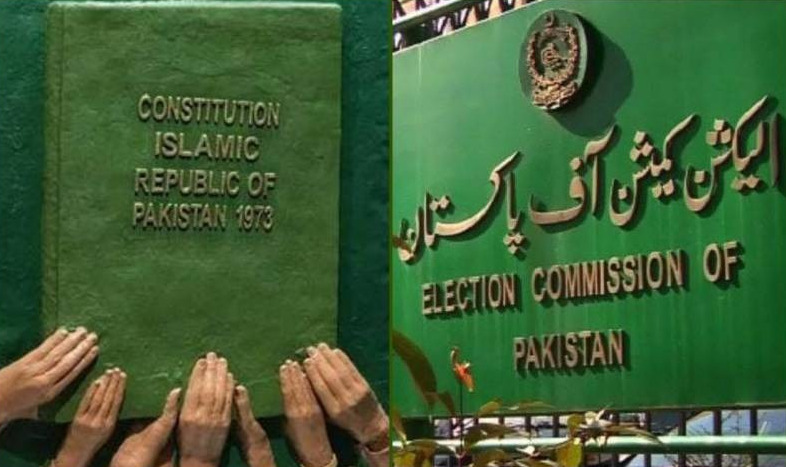
According to Article 224 of the Constitution of Pakistan, general elections must be held within 90 days of the dissolution of the National Assembly. The 2024 caretaker government assumed power in late August 2024 after the dissolution of the assemblies.
▶ Expected Election Window:
November 2024 to February 2025, depending on when the Election Commission of Pakistan (ECP) finalizes the updated constituencies and electoral rolls.
2. Delimitation and Electoral Boundaries
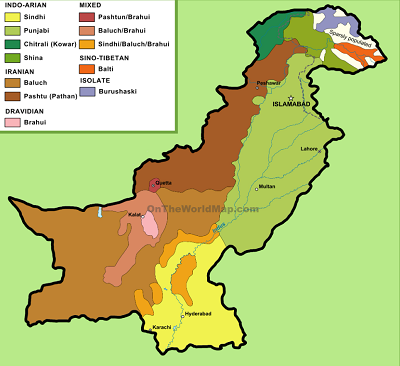
A major factor delaying the 2024 elections was the need for fresh delimitation following the 2023 digital census. The ECP is constitutionally required to redraw constituencies based on updated population data.
Key Facts:
Delimitation work was completed in October 2024
Final voter lists expected by early January 2025
Total constituencies: 336 National Assembly seats (including reserved)
3. Voter Registration and Turnout Trends
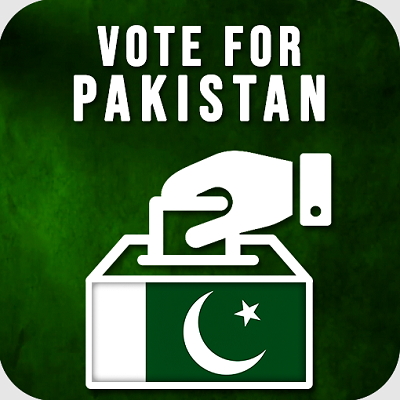
As of December 2024:
Over 127 million registered voters
Women represent approx. 47% of the voter base
Youth voters (ages 18–35) make up over 60% of new registrations
Past election turnouts:
2018: 51.7%
2013: 55%
2008: 44.3%
Given rising political awareness through social media, turnout in 2025 is projected to increase, particularly among first-time urban voters.
4. Key Political Players in 2025
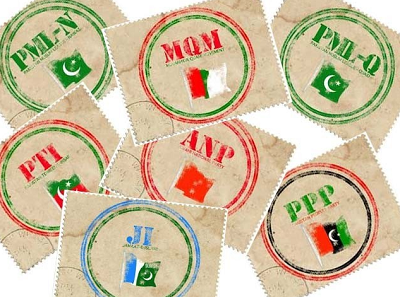
Pakistan Tehreek-e-Insaf (PTI)
Despite legal challenges and leadership disqualifications, PTI retains strong public support, particularly in Khyber Pakhtunkhwa and urban Punjab.
Pakistan Muslim League-Nawaz (PML-N)
With a pro-business manifesto and Nawaz Sharif’s return to active politics, PML-N is aiming to regain power through alliance-building and development promises.
Pakistan Peoples Party (PPP)
PPP continues to dominate Sindh and has made gains in South Punjab and Balochistan, positioning itself as a coalition kingmaker.
New Entrants & Alliances
Istehkam-e-Pakistan Party (IPP)
Grand Democratic Alliance (GDA)
Multiple regional parties in KP and Balochistan expected to play key roles.
5. Legal Framework and Electoral Reforms
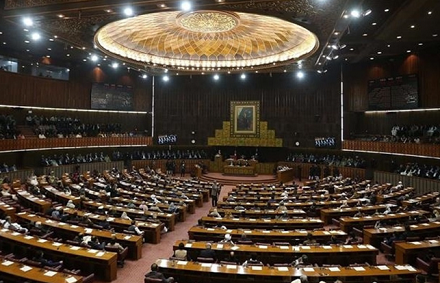
Key Legal Milestones:
The Elections Act 2017 remains the core legislation governing elections
Recent amendments include:
Electronic Voting Machine (EVM) pilot testing (paused)
Overseas Pakistanis can now vote through postal ballots
The ECP has committed to increasing transparency via:
Real-time results transmission system (RTS) improvements
Pre-poll scrutiny of candidates’ financial and criminal records
6. Security, Media, and Pre-Poll Environment
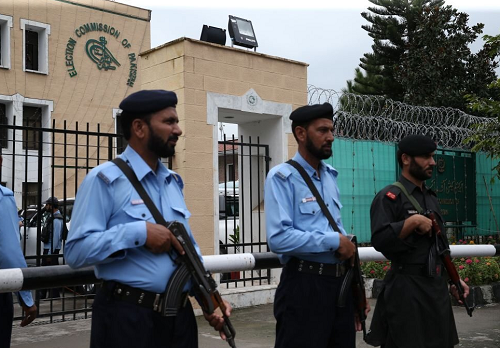
With increasing political polarization, the security of candidates, journalists, and polling staff is under national focus. The ECP has coordinated with:
Pakistan Army for polling station security
NADRA and FIA to prevent digital misinformation campaigns
Social media platforms are expected to play a bigger role than ever. Disinformation and bot activity are being closely monitored, especially on TikTok, Facebook, and X (formerly Twitter).
7. Voter Education and Awareness Campaigns
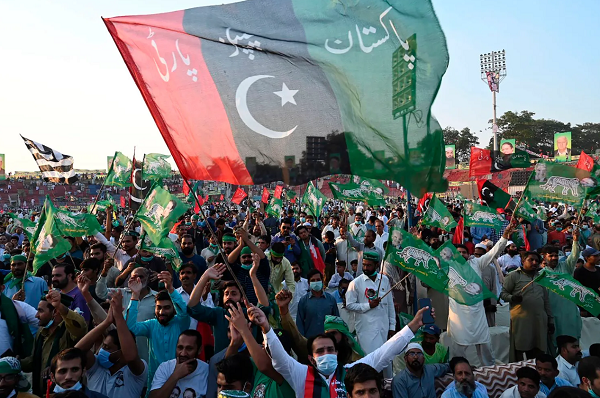
For the first time, the ECP has launched:
A nationwide SMS verification service for checking polling info
Urdu and regional language awareness campaigns
Special initiatives for persons with disabilities and women in remote areas
Conclusion
Pakistan’s 2025 election is shaping up to be one of the most competitive and closely watched in decades. With new delimitations, fresh voters, legal reforms, and powerful narratives from all parties, the stakes are high—not just for political actors, but for every citizen.
As Rikhtiya continues to cover fact-based developments in Pakistan’s democratic journey, we encourage readers to stay informed, question boldly, and vote wisely.
